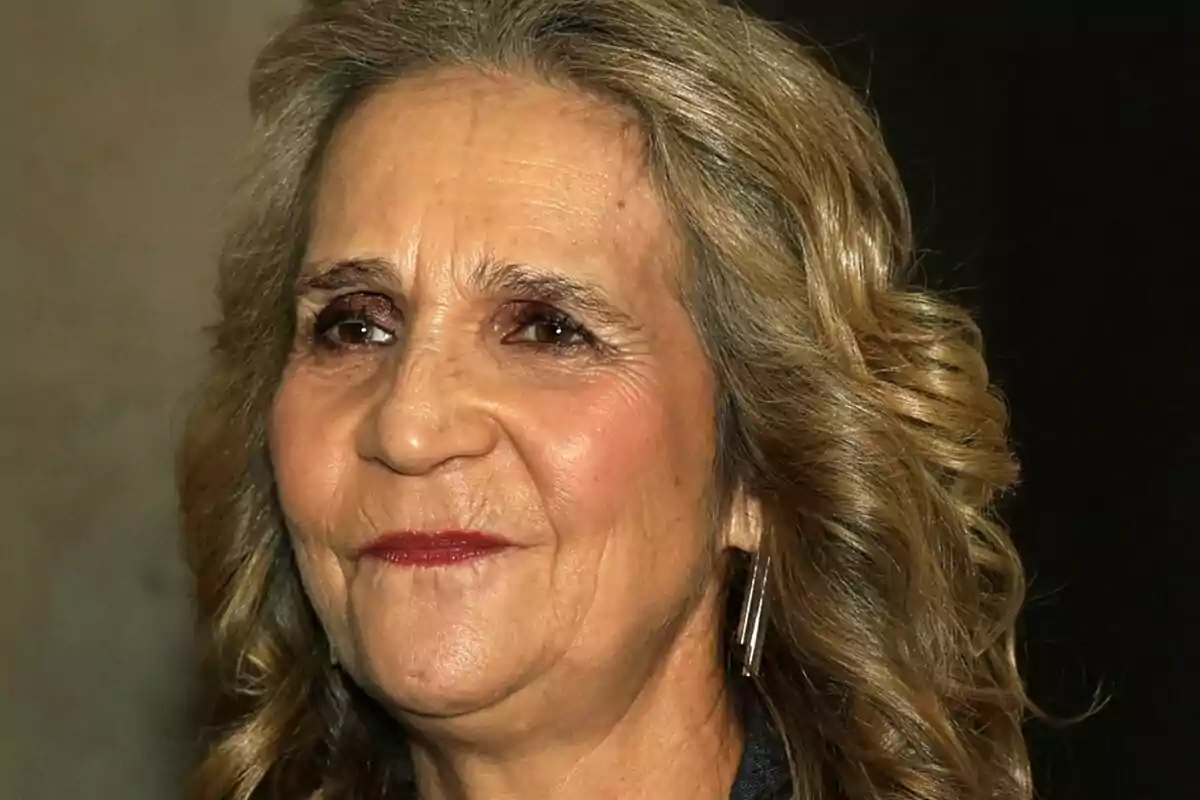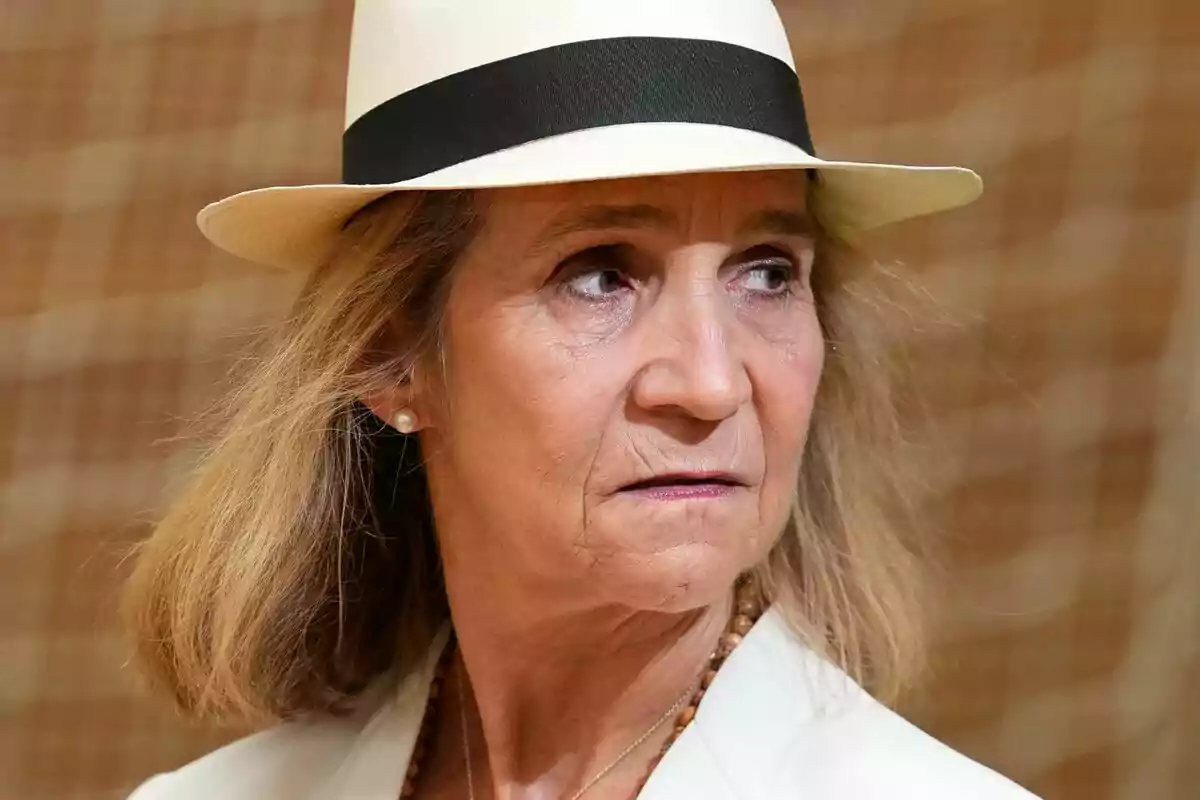Infanta Elena was born as the firstborn of then Prince Juan Carlos and Princess Sofía. Since childhood, she seemed destined to play an essential role within the Spanish monarchy. However, the approval of the Constitution in 1978 completely changed her future.
The Magna Carta kept the preference for males over females in the line of succession. This decision wasn't simply a reflection of tradition, but rather replied to an express request from Juan Carlos. The king publicly stated that his eldest daughter "wasn't fit to reign," closing any door for Elena.

That forceful statement was never explained or clarified in public. There were also no details about what impediments or limitations the king saw in his daughter. Since then, that declaration has opened a sea of doubts, speculation, and rumors that have persisted for decades.
Despite everything, Infanta Elena continued her life within the Royal Household, keeping a discreet but active profile. Her story reflects the tensions between tradition, power, and gender at a key moment in Spanish history.
Between rumors and certainties: Elena's profile
Rumors about Elena's inability to reign included alleged difficulties in her childhood. Some pointed to learning problems or excessive shyness, although these were never proven. There was also talk of physical problems, but nothing was officially confirmed.
In reality, Elena had an outstanding academic background at Comillas University and developed a professional life linked to culture and sports. Her personality was spontaneous and approachable, something uncommon in the rigid protocols of the Royal Household.
These qualities made her beloved by some sectors of society, although they didn't fit the image Juan Carlos wanted for his succession. It was considered that she lacked the authority and seriousness necessary to reign.
In the midst of political transition, the king sought stability and to avoid controversy. That's why he preferred to keep the traditional line of succession and opt for a male heir. This way, the monarchy ensured continuity without debates or ruptures.

Personal life and hidden challenges
Journalist Pilar Eyre explains that, since her birth, Infanta Elena lived under the pressure that her parents wanted a boy. That expectation created a childhood marked by comments and criticism, even from her own family. Her grandmother, Doña María de las Mercedes, even said that she wouldn't be a good horsewoman because she was "too big."
Elena married Jaime de Marichalar, a union that went through difficulties. In 2001, Jaime suffered a stroke, and during that time Elena moved to New York to care for him. During that period, she suffered a miscarriage, a very hard emotional blow for her.
After years of struggle, the couple divorced in 2009. Since then, Elena has lived alone, surrounded by the affection of her children and a close circle of friends. She has also supported her sister Cristina a lot in difficult times, strengthening their family bond.
Although she hasn't formed a new relationship, she has managed to build an independent and respected profile. Her life reflects both personal challenges and the sacrifices necessary to live away from official prominence.

Family relationships and a complicated legacy
Infanta Elena's relationship with her brother, King Felipe VI, has cooled in recent years. The decisions to distance the Crown from Juan Carlos's legacy have left her in a complicated position. Despite this, she keeps a good relationship with her mother, Queen Sofía.
With Juan Carlos, her bond remains strong and loyal. She was one of the first people to visit him after his move to Abu Dhabi, showing unwavering loyalty. That personal loyalty has increased her isolation from the active core of the current monarchy.
It's inevitable to wonder what Spain would have been like with Elena as queen; probably, her style would have been closer and less rigid. Her story goes beyond a simple constitutional anecdote. It represents the invisible decisions of power and how her destiny was changed by her father's will.

